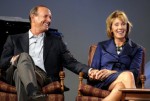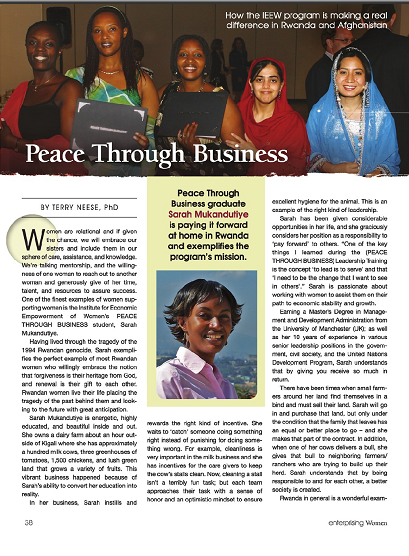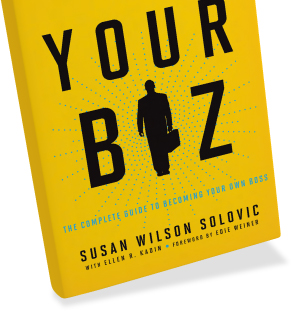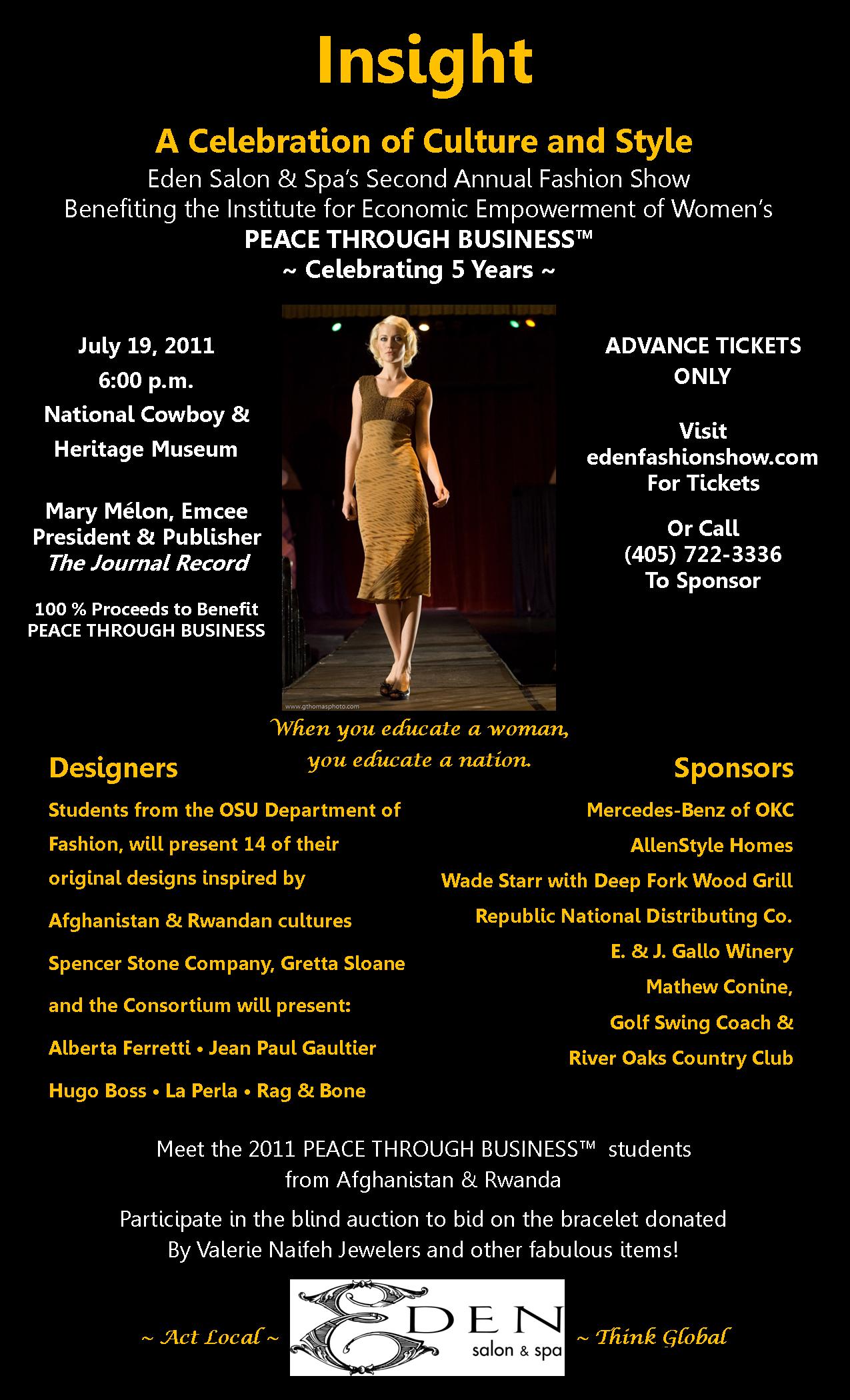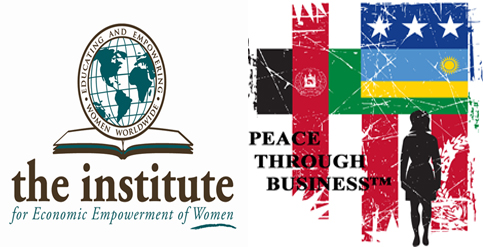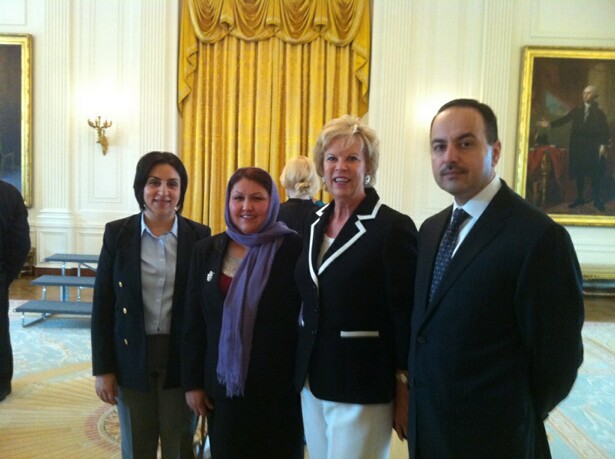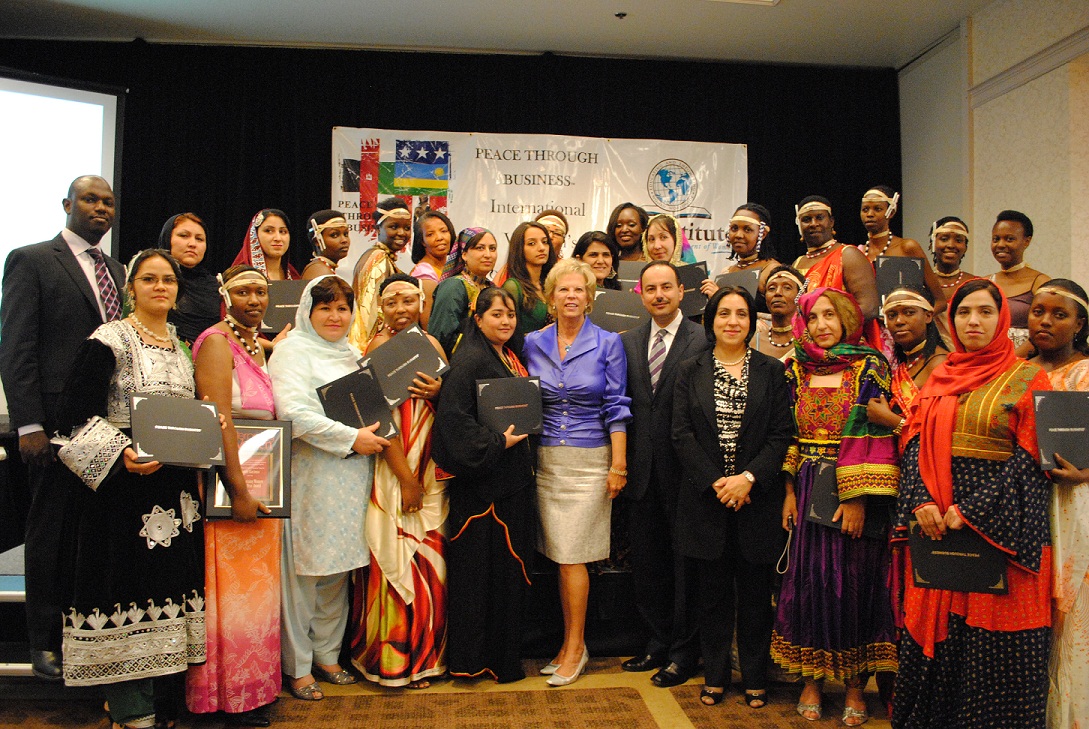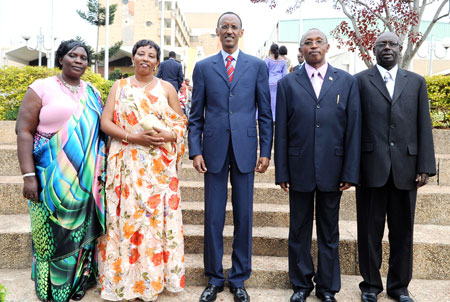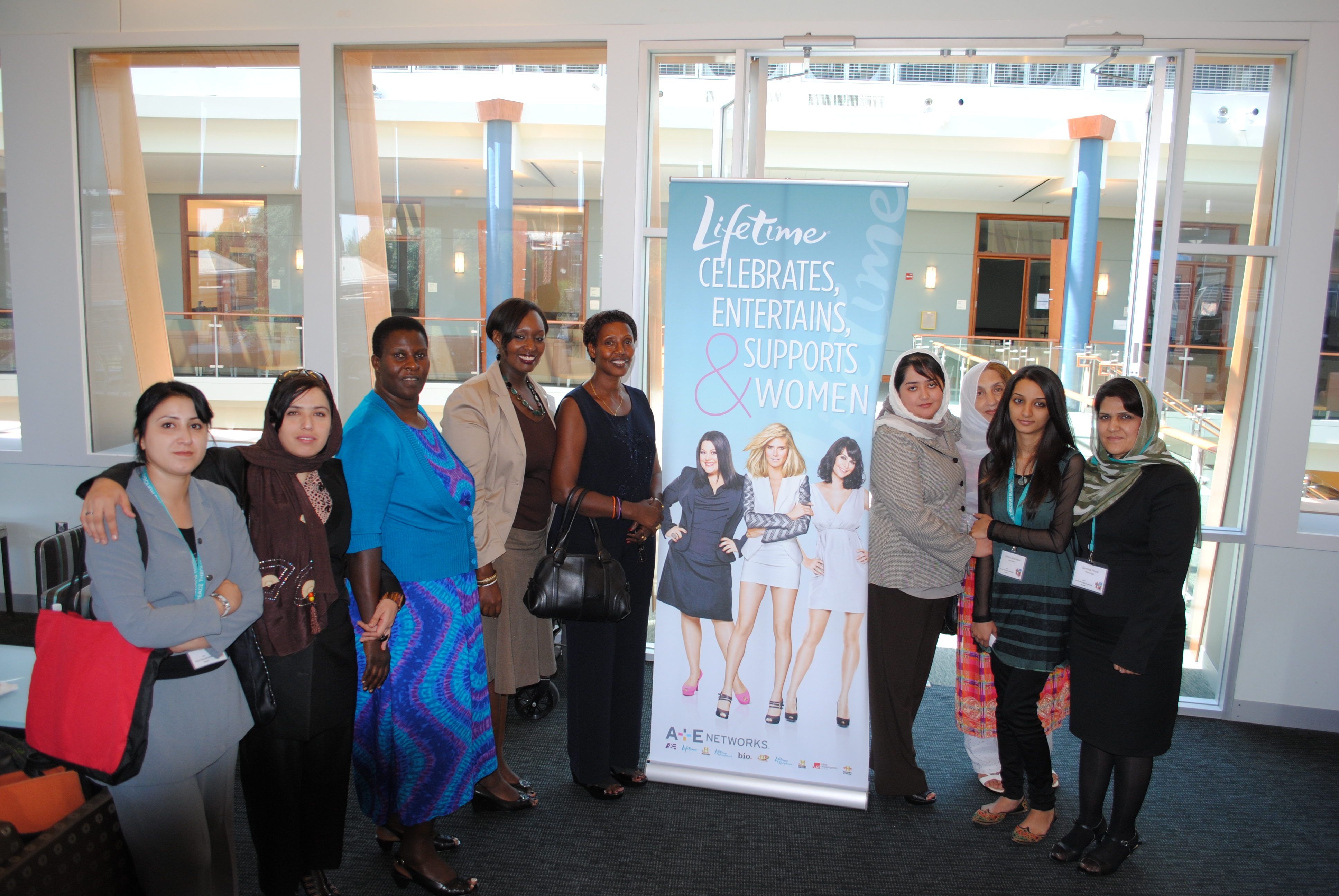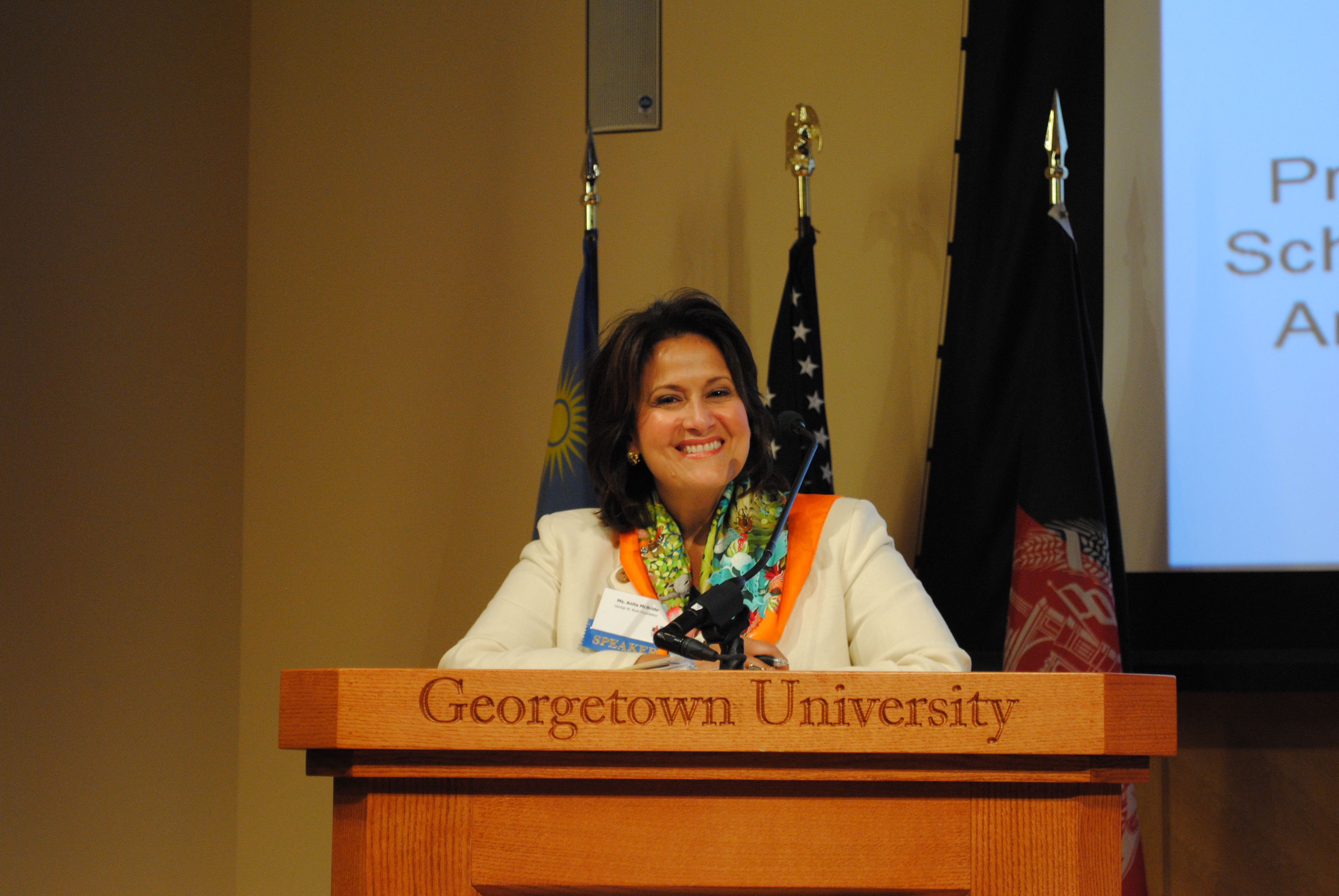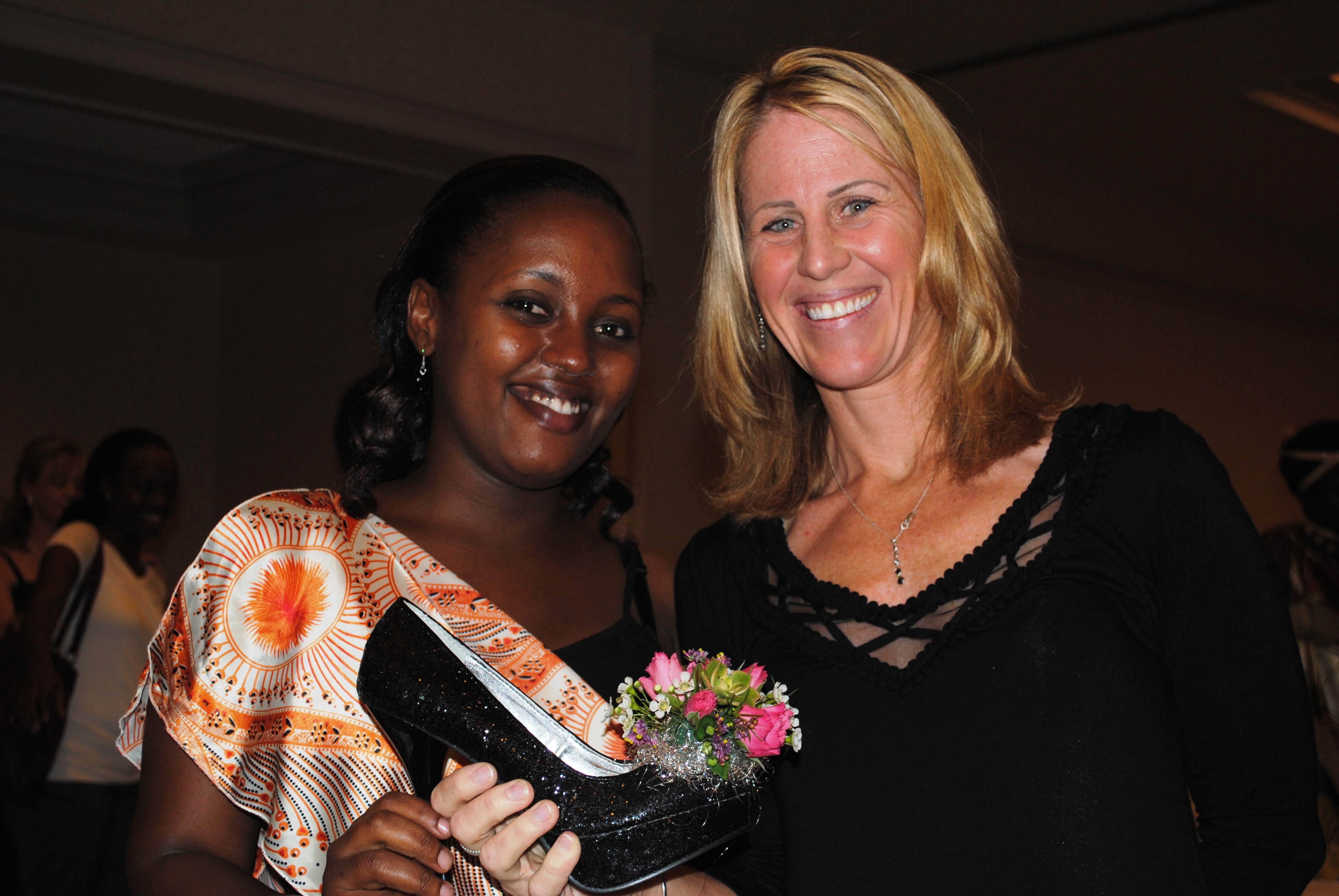DR. TERRY NEESE is founder and CEO of the Institute for Economic Empowerment of Women (IEEW), which provides domestic and international training for female business owners in the areas of public policy and entrepreneurial education. She also founded Terry Neese Personnel Services and was national president of the National Association of Women Business Owners (NAWBO), the largest women’s association of its kind.
As a successful businesswoman, Terry made history in 1990 when she became the first woman nominated by a major political party for the seat of Lt. Governor of Oklahoma. She was recognized by Fortune magazine as one of the “Power 30” – the most influential small businesspersons in Washington, D.C. and was named an Outstanding Business Leader by Northwood University Board of Trustees in 2006.
We spoke briefly with Dr. Neese about her career in politics.
Tell me about yourself.
I am a true serial entrepreneur. I founded a number of businesses that have been very successful and am really blessed for that. I have been in the entrepreneurial business for 30 years and have been working in the global entrepreneurial arena since 2006. I am also a mom, grandmother of two girls, wife to a wonderful husband, and a pilot.
What motivated you to create the Institute for the Economic Empowerment of Women (IEEW) and Women Impacting Public Policy (WIPP)?
I initially founded the Institute for Economic Empowerment of Women (IEEW) to educate American businesswomen. The idea is that if you run a business and aren’t involved in public policy, then public policy will run your business. I wrote a book and established a training program that ran in 14 states to teach women how important it is to be involved in public policy and to know your elected officials, because government does play a daily role in your business.
After the success of that program, I received a call from the Department of State and the Department of Education. They were interested in enlisting my help to encourage female business owners in Afghanistan. I traveled to Afghanistan and met with women business owners. This experience changed my perspective on life and made me realize that it was time for me to give back to the world. I was definitely in a position to help women in war-torn countries – women trying to restart their businesses after the Taliban government was dissolved – by establishing a program with Northwood University and by bringing in my network of American women business owners to mentor and help train female business owners in Afghanistan initially, and then later in Rwanda.
I co-founded Women Impacting Public Policy (WIPP) in 2001, based on the idea that women need a stronger voice in business and government. There are a number of business associations doing great work, but oftentimes they have different concerns than those that WIPP advocates.
Who were your role-models and your biggest supporters? How did they play a role in your success?
In the mid-1970s when I founded Terry Neese Personnel Services, a woman and minority-owned and operated business, I had no female business owner role models. I did have wonderful male role models in Oklahoma City who encouraged and motivated me, which helped me to build and sustain my own business.
Then, when I got involved with and became president of the National Association of Women Business Owners, I was able to travel the country and visit chapters of business owners. In fact, I traveled to almost all 50 states in 1990. In the early 2000s, I met Marilyn Carlson Nelson, Chairman and CEO of Carlson Companies, Inc. in Minnesota, who served as the chair of the National Women’s Business Council, a bi-partisan advisory council to the President and Congress. I was appointed to the Council, and I traveled with Marilyn and watched her lead both men and women through good and bad economic times for our country. She became my role model, and I learned a great deal from her.
There are also several elected officials, such as former Senator Elizabeth Dole and Secretary of State Hillary Clinton, who I greatly admire. Secretary Clinton is very passionate about helping women in Afghanistan, a cause I share with her.
There have been several recent articles on the low numbers of women in US politics. What are some of the situations you faced as a woman running for office that may have been different if you were a man?
I ran for lieutenant governor in the 1990s in Oklahoma. During my run, I would go around the state and hand out push cards to Oklahoma citizens – often neither men nor women would take them from me. They would say that there was no way they would vote for me because I was a woman. I was the first woman to be nominated for that high of an office at the state level in Oklahoma. Running for office was very, very difficult.
In 2011, Oklahoma will inaugurate its first female governor in the history of the state. Things have come a long way since I ran for lieutenant governor.
Why is it important for women to vote and be involved in public policy?
Women bring a different perspective to the table. If you have 10 men at the table versus 10 women, there will be a huge difference in results. Women are often considered the nurturers of the family – they purchase most of the products in the household, they know the dynamics of spending and services, and they have a tendency to manage people differently. For a woman’s opinion to be voiced at the board table or among government elected officials is important because women bring a different color, tone, and perspective to the debate. These voices are important to economic stability in this country.
How do you see politics changing for women going forward?
I would like to see more female business owners run for office because we understand management, balancing budgets, and human resources. Our view of the business world is critical to include in public policy decisions.
My goal is to encourage more female business owners to seek public service and take their business acumen into the public policy arena, especially given the current sentiment about the economy. It would be a great success politically for the country if women were to have a bigger role in politics. In particular, I think women communicate well at the grassroots level and with the middle class.
I think the future is very bright for women running for office. There was a study I saw that asked the question, “Who would you trust to endorse a candidate the most: A corporate official, a union official, a small business owner, or a female business owner?” The largest portion of people asked said they would trust a female business owner. That says it all!
What ways can young women get involved in politics and public policy early on in their careers?
Women need to join together – numbers do make a difference. Women need to build their networks – whether it’s PYP, WIPP or NAWBO – but even more important is their relationship to the association or organization. Joining one of these groups is only going to be as effective as you make it. You must be effective as a member.
It is even more important to get to know our local, state, and federal officials. You never know when you might really need help in your business or even on a personal issue that involves the government. When you need your elected officials is not the time to get to know them. My advice is to go and meet these elected officials to develop a relationship now. Finally, get to know the elected official’s staffers, get to know their chief-of-staff, and build your network. Networks are extremely valuable.
How long do you think it will be before there is a woman in the White House?
I think it could be 2 or 20 years. It really depends on what happens over the next 2 years with our economy and our values. There are women out there who could seek the presidency, but is America ready? I think “yes”, but it has to be the right woman. If it doesn’t happen in the next couple years, then it may be a long time.
